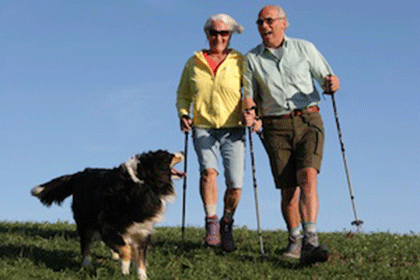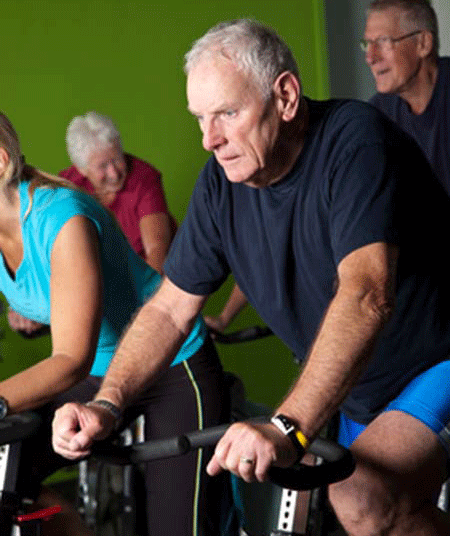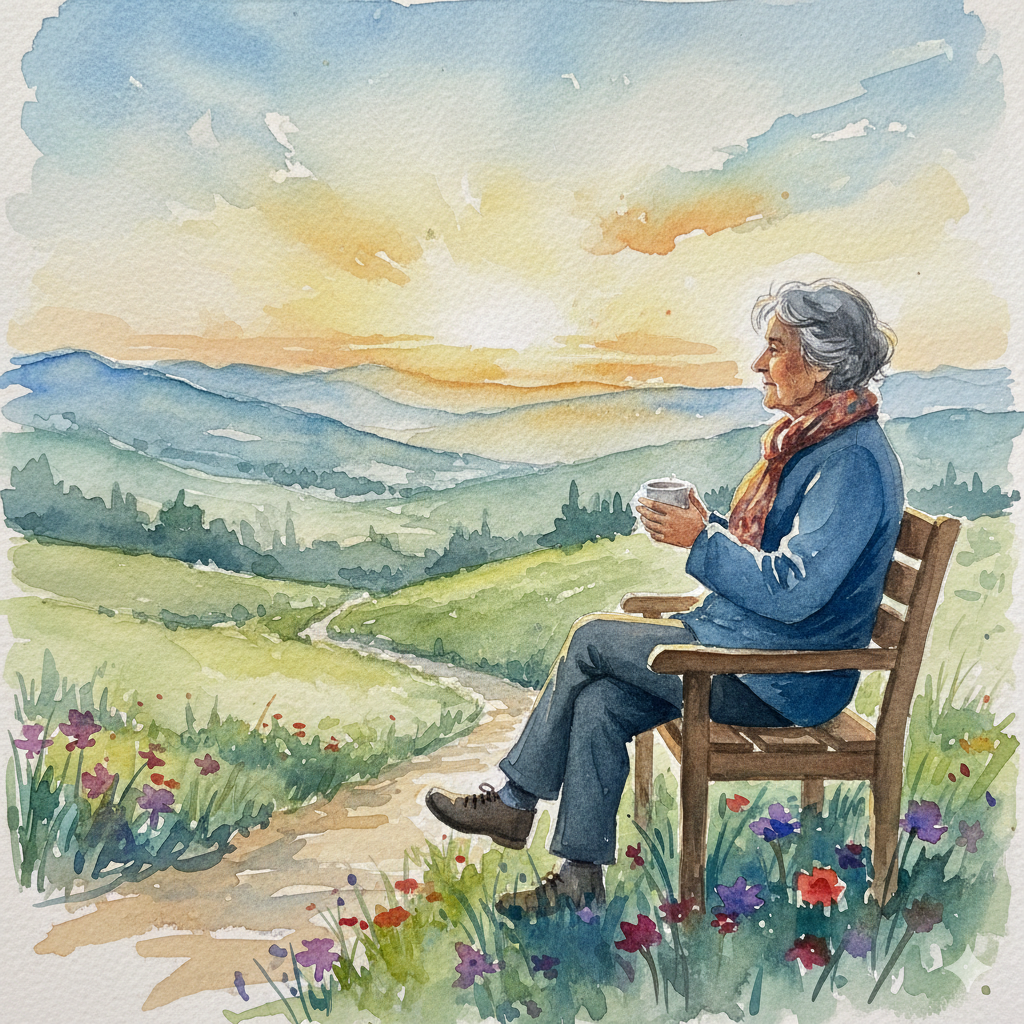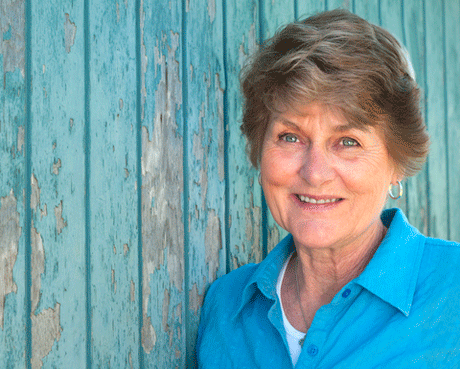Illness
Navigating health concerns can be a lot. Here in our Illness category, we gather and share news and personal stories about common conditions and health journeys. Our aim is to provide a space where you can read about others’ experiences and stay informed on general topics, helping you to feel more in control of your well-being.
-

Heart Disease and Alzheimer’s
Researchers have discovered that people who are at risk for heart disease or who have heart disease, are also at risk for Alzheimer’s. Let’s take a closer look. The Role of Nitric Oxide Our bodies produce Nitric Oxide (NO) in many ways. NO is especially important to vascular function and proper blood flow and NO is generated as part
-

Alzheimer’s Disease and Exercise
Regular exercise that makes us huff and puff definitely slows down the aging process in general. The increased blood flow and charge of exygen does wonders for our skin and all our other organs. Best of all, it “clears the mind” by recharging the brain. Some researchers think regular aerobic exercise slows the progression of
-

The Alzheimer’s Gene In Plain English
If your parent has Alzheimer’s, you may be at risk but that doesn’t mean you will inherit it for sure. This article is a bit technical, but even a light reading helped me understand. If you become confused about alleles, scroll down for an explanatory video. APOE The APOE (apolipoprotein E) gene has different versions called “alleles.”
-

A New Test For Alzheimer’s You Can Take At Home
Yes, the rumors are true. There is a new test for Alzheimer’s Disease that you can get online and take at home. Researchers at Ohio State University have developed the test. It’s called SAGE (Self-Administered Gerocognitive Examination). As with all new things, there is a caution to consider. If the test results suggest cognitive impairment,
-

Ultrasound May Make It Possible To Treat Alzheimer’s In A New Way
Engineers at Chang gung University, in Taiwan, have designed a device that sends tiny beams of ultrasound into the brain, allowing drugs to get through something called the “blood-brain barrier.” The blood brain barrier is a protective device created by our bodies. Currently most drugs available for Alzheimer’s therapy have large molecules that cannot pass
-

Falls Are A Serious Matter for Older Persons
The single biggest cause of injury among seniors is falling and the most common injury is a broken hip. the second largest cause of injury among older adults is automobile accidents. Other causes are elder abuse and residential fire-related injuries. Injury among older adults is such a serious threat to health and well-being that the
-

Senior Dental Care
For older adults, dental problems often go untreated and can be the source of other health issues. Cost is the single biggest reason seniors do not go to the dentist for regular checkups and cleaning or even to treat discomfort and pain. Physicians often overlook the state of teeth or gums when investigating other health
-

Smoking Is Linked To Alzheimer’s
Heavy smokers in their 50’s are doubling the risk of developing Alzheimer’s after the age of 70. Researchers at the University of Eastern Finland tracked 21,123 people beginning in 1978. By 2008, more than 25% were diagnosed with dementia and though some had vascular dementia, most had developed Alzheimer’s. But in the same study, the
-

Natural Eye Changes As We Age
Presbyopia Many things about us change as we grow older, including our eyes. The first thing we might notice is having to hold something further away when we read. This is called presbyopia. Before the age of forty or so, the natural lens of the eye is very flexible. This flexibility helps the lens focus on
Join the Movement
End Senior Loneliness with SILO

See practical tools, research and programs helping older adults build lasting connections.



